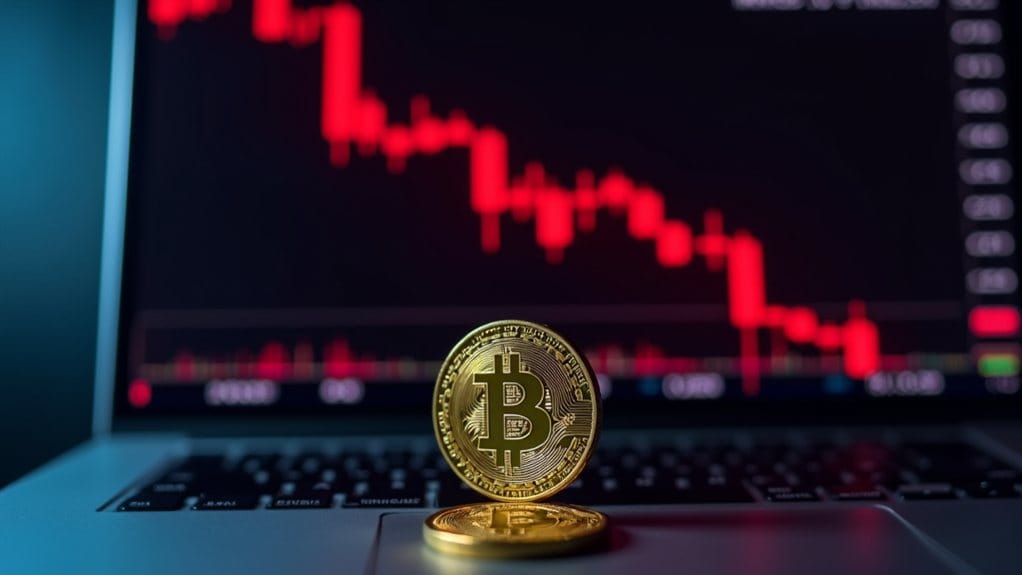After years of resistance and regulatory uncertainty, Pakistan has initiated a significant policy reversal regarding cryptocurrencies, shifting from skepticism to embracing an extensive regulatory framework. This shift, influenced by global trends in the United States and United Arab Emirates, represents a strategic pivot aimed at modernizing Pakistan’s financial ecosystem and attracting substantial foreign investment through blockchain integration.
Pakistan’s dramatic cryptocurrency pivot marks a strategic embrace of blockchain to modernize finance and attract global investment.
The establishment of the Pakistan Crypto Council marks a pivotal development in this regulatory evolution, focusing on creating transparent guidelines for cryptocurrency adoption while implementing robust anti-money laundering measures. These regulations provide necessary clarity for international investors and protect domestic participants, addressing previous legal ambiguities that hindered market growth and innovation. The implementation of Digital Asset Management systems will be crucial for centralizing and securing the country’s growing digital holdings.
Economic considerations primarily drive this policy transformation, with Pakistan’s struggling economy potentially benefiting from increased foreign investment in its emerging crypto sector. The government anticipates that a regulated cryptocurrency market could generate significant tax revenue, contributing to debt management while facilitating cheaper remittances for the Pakistani diaspora, who annually send billions of dollars back home.
Pakistan’s demographic advantages position it favorably for this shift, with approximately 15-20 million citizens already engaged in cryptocurrency activities. The country’s young, tech-savvy population exhibits high digital literacy rates and Web3 readiness, creating a fertile environment for blockchain innovation and development at competitive costs. The country’s ninth-place ranking in the 2024 Global Adoption Index by Chainalysis further demonstrates its significant crypto presence despite previous regulatory hurdles. This demographic is increasingly using cryptocurrencies as a hedge against inflation amid local economic uncertainties.
The State Bank of Pakistan has proposed recognizing digital assets as legal tender, a move that would fundamentally transform the country’s financial landscape while aligning with global financial trends. By embracing cryptocurrencies, Pakistan aims to establish itself as a regional leader in blockchain finance, competing with other nations that have adopted crypto-friendly policies.
This regulatory transformation reflects Pakistan’s recognition of digital assets’ growing economic relevance in global financial systems. Through international cooperation and structured regulatory frameworks, Pakistan is positioning itself to capitalize on blockchain technology’s potential for financial inclusion, economic growth, and technological advancement in a rapidly evolving digital economy.









